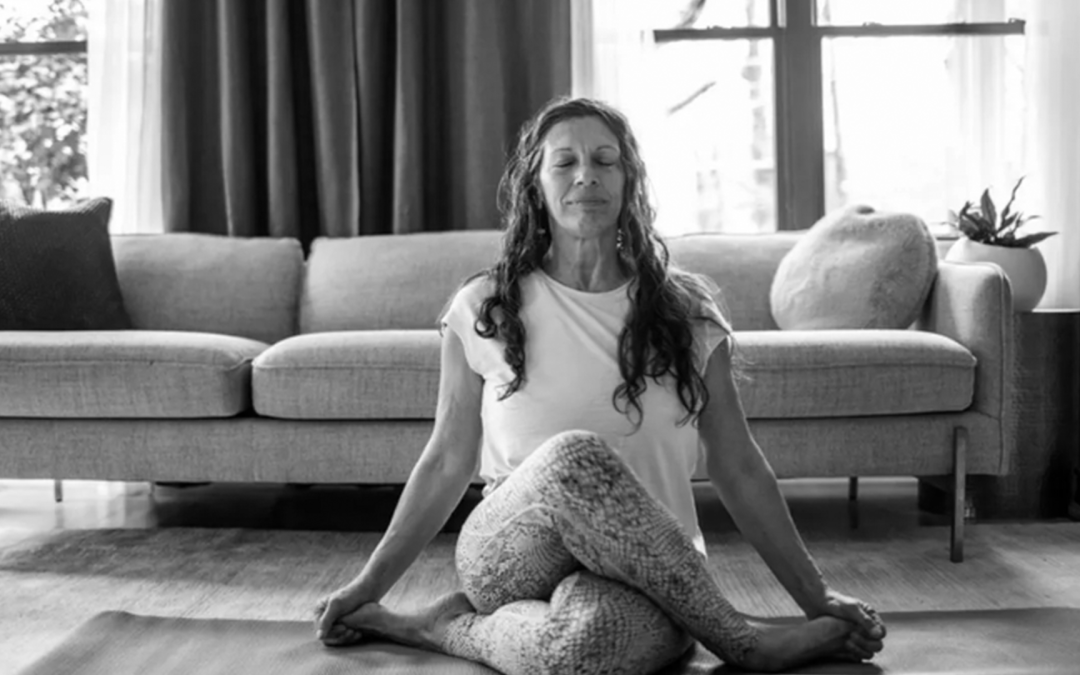1. Use Mental Health Apps:
- Purpose: Mental health apps provide resources for individuals who may not afford therapy.
- Benefits:
- Affordability: Many apps are free or low-cost.
- Educational Resources: Apps like Moodfit and Sanvello offer educational content on conditions and coping strategies.
- Progress Tracking: Apps can send reminders and push notifications, prompting users to assess their mental well-being.
2. Implement Cognitive Behavioral Therapy (CBT) Strategies:
- Purpose: CBT strategies, used for conditions like depression and anxiety, can be applied independently.
- Benefits:
- Self-Directed Therapy: While not a substitute for professional therapy, self-directed CBT can supplement mental health efforts.
- Decreased Anxiety and Depression: Studies indicate that self-help treatments can moderately reduce anxiety and depression.
- Techniques:
- Journaling: Identify negative thoughts and behavior patterns by writing down thoughts and feelings.
- Guided Courses: Utilize reputable resources, such as those listed by the Association for Behavioral and Cognitive Therapies.
- Mental Health Apps: Many apps incorporate CBT techniques for symptom management.
3. Stay Connected to Others:
- Purpose: Connection with others, through support groups or social interactions, positively impacts mental health.
- Benefits:
- Decreased Loneliness: Studies show that connecting with others reduces loneliness and provides a sense of meaning.
- Support Groups: Low-cost or free group therapy sessions or support groups offer shared experiences.
- Community Resources: Utilize platforms like the Substance Abuse and Mental Health Services Administration website to find local resources.
- Connection Beyond Humans: Interactions with pets and animals can reduce stress and anxiety.
4. Practice Mindfulness and Meditation:
- Purpose: Mindfulness and meditation improve mental health by enhancing awareness and coping with thoughts and emotions.
- Benefits:
- Stress Reduction: Mindfulness practices, including meditation and breathwork, reduce stress and anxiety.
- Improved Sleep: Meditation helps alleviate symptoms of depression, anxiety, and contributes to better sleep.
- Mind-Body Integration: Focus on integrating mind and body to enhance mental well-being.
- Use of Meditation Apps: Beginner-friendly apps offer guided meditation for stress relief.
Additional Practical Tips:
- Exercise: Regular exercise has various mental health benefits, including anxiety relief, mood improvement, and increased confidence.
- Sun Exposure: Sunlight boosts serotonin levels in the brain, positively impacting mood.
- Prioritize Sleep: Adequate sleep is linked to reduced risk of anxiety and depression, improved mood, and lower stress levels.
- Limit Social Media Use: Reduce anxiety and depression symptoms by limiting social media time and engaging in enjoyable activities.
Note: While these strategies can complement mental health efforts, they are not substitutes for professional therapy. Individuals experiencing severe symptoms are encouraged to seek professional help.

Erin Balsa is a highly skilled and knowledgeable health journalist with a passion for educating the public on important health and wellness topics. With extensive experience in both traditional and digital media, Erin has established herself as a trusted voice in the field.

